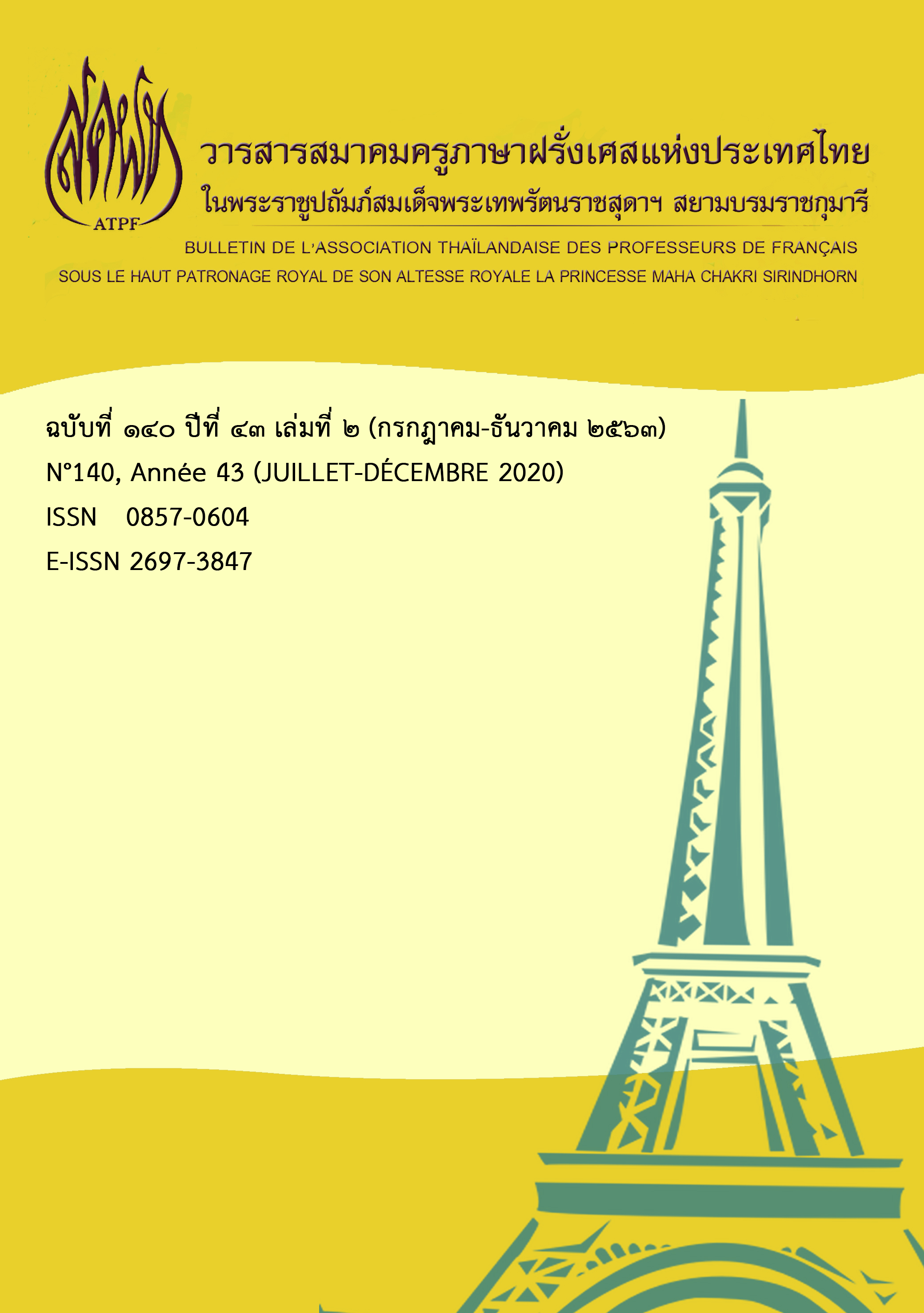The oratory ethos of Chrysale in Molière’s Femmes savantes
Main Article Content
Abstract
In Molière's Femmes savantes, there is a dichotomy concerning the image of an ideal woman. The camp of learned ladies, such Philaminte and Bélise (Chrysale’s wife and sister), want to promote the intellectual aspect of women while Chrysale pleads for the duty of women toward their families. This ideological conflict turns into a verbal conflict as the characters use their rhetorical techniques to defend their points of view and attack opposing arguments. This article aims to study the oratory ethos and the rhetorical, argumentative and stylistic techniques of Chrysale who seeks to support common sense and the notion of women's duty. Regarded by his family as a weak-willed man, Chrysale’s preliminary ethos is characterized by weakness and lack of authority. But, the fact that he puts his speech in order, and that he uses various types of arguments and rhetorical figures, reflects a sexist ideology about women that emerges in his discursive ethos and also reflects his desire to restore order in the house. Therefore, he fails to convince the learned ladies to adopt his points of view.
Downloads
Article Details
References
BING, G. (2005). Les Femmes savantes : Livret pédagogique. Paris : Hachette.
FONTANIER, P. (1968). Les Figures du discours. Paris : Flammarion.
MOLIÈRE. (1956). Œuvres complètes Tome II. Bibliothèque de la Pléiade, n°9. Paris : Gallimard.
PORÉE-RONGIER, M. (2007). Étude sur les Femmes savantes. Paris : Ellipses.
REBOUL, O. (1994). Introduction à la rhétorique. Paris : Presses Universitaires de France.


